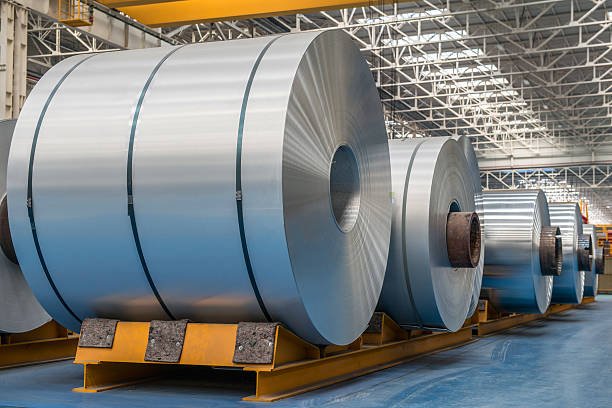Pakistan’s Large-Scale Manufacturing (LSM) sector has recorded a negative growth of 1.9 percent during the first eight months (July-February) of fiscal year 2024-25 compared to the same period last year, according to data released by the Pakistan Bureau of Statistics (PBS).
The decline worsened in February 2025, with LSMI output decreasing by 3.51 percent compared to February 2024 and showing a sharp 5.9 percent drop when compared with January 2025.
The provisional quantum index numbers for Large-Scale Manufacturing Industries (LSMI), based on the 2015-16 base year, show that the LSMI quantum index number (QIM) for February 2025 stands at 122.56, while the QIM estimated for the July-February period of FY25 is 115.82.
These figures were compiled using the latest data supplied by various source agencies, including the Oil Companies Advisory Council (OCAC), Ministry of Industries and Production, Ministry of Commerce, and Provincial Bureau of Statistics.
Sector-wise Performance
The main contributors toward the overall negative growth of 1.90 percent include both positive and negative performers. Sectors showing positive contributions include Tobacco (0.25), Textile (0.29), Garments (1.29), Petroleum Products (0.30), and Automobiles (0.72).
Meanwhile, sectors dragging down the overall performance include Food (-0.50), Chemicals (-0.43), Cement (-0.37), Iron & Steel Products (-0.55), Electrical Equipment (-0.50), Machinery and Equipment (-0.15), and Non-Metallic Mineral Products (-0.73).
When comparing the July-February 2024-25 period with the same period in 2023-24, production increased in Tobacco, Textile, Wearing Apparel, Coke & Petroleum Products, Automobiles, and Other Transport Equipment. However, production decreased in Food, Chemical Products, Non-Metallic Mineral Products, Iron & Steel Products, Electrical Equipment, Machinery and Equipment, and Furniture.
The continued contraction in the manufacturing sector raises concerns about Pakistan’s industrial output and economic growth prospects for the current fiscal year, particularly as the country navigates challenging economic conditions.











